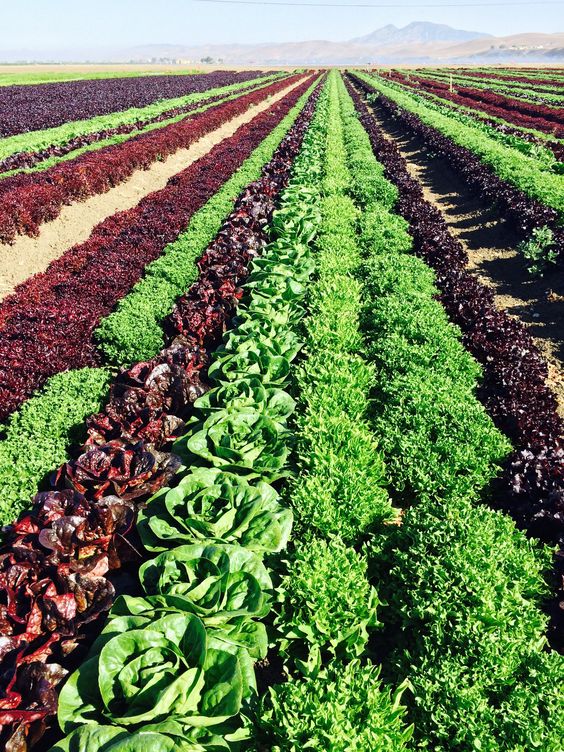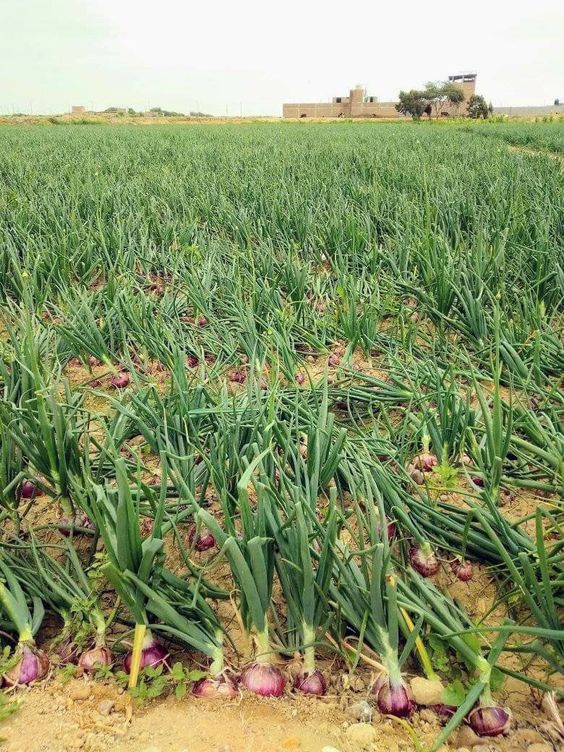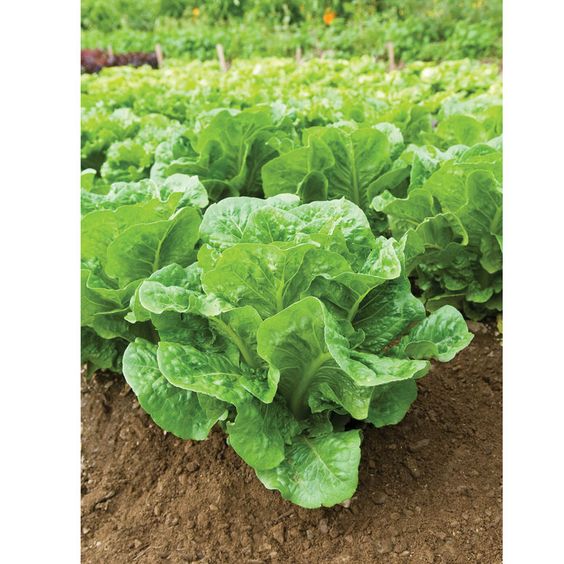Smart Agricultural Waste Management: A Comprehensive Guide
Agricultural Waste Management,The agricultural sector, while a cornerstone of food security and economic growth, is also a significant contributor to environmental challenges. Improper management of agricultural waste leads to pollution, greenhouse gas emissions, and loss of valuable resources. The imperative to adopt sustainable practices has given rise to the concept of Smart Agriculture, which integrates technology and innovation to optimize agricultural processes. This article delves into the critical area of agricultural waste management, exploring effective techniques aligned with the principles of Smart Agriculture.
Agricultural waste encompasses a diverse range of materials, including crop residues, livestock manure, food processing byproducts, and packaging materials. The mismanagement of these wastes can have detrimental impacts on soil health, water quality, air quality, and human health.
Contents
- 1 Smart Agriculture: A Framework for Change
- 2 Smart Agricultural Waste Management Techniques
- 3 Consumer Acceptance of Smart Agricultural Products
- 4 Key Challenges
- 5 Opportunities for Overcoming Challenges
Smart Agriculture: A Framework for Change
Smart Agriculture, characterized by its data-driven approach and technological integration, offers a promising avenue for addressing the challenges posed by agricultural waste. Key components of Smart Agriculture relevant to waste management include:
- Precision Agriculture: Using data and technology to optimize resource use and minimize waste generation.
- Digital Farming: Employing digital tools for monitoring and managing agricultural processes, including waste management.
- IoT (Internet of Things): Utilizing sensors and connectivity to gather real-time data on waste generation and composition.
- Artificial Intelligence (AI): Applying AI algorithms to analyze data and optimize waste management strategies.
- Automation: Implementing automated systems for waste collection, processing, and transportation.
Smart Agricultural Waste Management Techniques
1. Waste Reduction and Prevention
- Precision Farming: Optimize crop inputs, reduce over-application of fertilizers and pesticides, and minimize waste generation.
- Integrated Pest Management (IPM): Employ environmentally friendly pest control methods to reduce chemical waste.
- Crop Rotation and Diversification: Improve soil health, reduce reliance on chemical inputs, and minimize crop residue waste.
2. Waste Collection and Transportation
- Smart Waste Bins: IoT-enabled bins that monitor waste levels and optimize collection routes.
- Autonomous Vehicles: Use self-driving vehicles for efficient waste transportation and reduced emissions.
- Waste Tracking Systems: Implement GPS-based tracking to monitor waste movement and prevent illegal dumping.
3. Waste Processing and Conversion
- Anaerobic Digestion: Convert organic waste into biogas for energy generation and nutrient-rich digestate for fertilizer.
- Composting: Create nutrient-rich compost for soil improvement and organic farming.
- Biorefineries: Process agricultural waste into biofuels, chemicals, and other valuable products.
- Pyrolysis: Convert waste into biochar, a soil amendment with carbon sequestration benefits.
4. Waste Reuse and Recycling
- Nutrient Recovery: Extract valuable nutrients from waste for fertilizer production.
- Material Recovery: Recycle plastic, metal, and other recyclable materials from agricultural waste.
- Animal Feed Production: Develop feed supplements from processed agricultural waste.
- Bio-based Products: Create bioplastics, biofuels, and other products from agricultural residues.
5. Waste Disposal
- Land Application: Apply treated organic waste to agricultural land as a soil amendment, but carefully consider environmental impacts.
- Incineration: Use waste-to-energy technologies for energy recovery, but ensure proper air pollution control.
- Landfilling: Employ landfill management practices to minimize environmental risks.
Benefits of Smart Agricultural Waste Management
- Environmental Benefits: Reduced greenhouse gas emissions, improved air and water quality, soil conservation, and biodiversity protection.
- Economic Benefits: Creation of new business opportunities, increased farm income, reduced waste disposal costs, and energy savings.
- Social Benefits: Improved public health, job creation, and enhanced community resilience.
Explanation of Key Terms
- Smart Agriculture: The application of digital technologies and data to optimize agricultural practices.
- Precision Agriculture: Using data to tailor agricultural inputs to specific field conditions.
- Digital Farming: Employing digital tools for farm management and decision-making.
- IoT: A network of interconnected devices that collect and exchange data.
- AI: The simulation of human intelligence in machines.
- Anaerobic Digestion: A biological process that breaks down organic matter in the absence of oxygen.
- Composting: A process of decomposing organic materials to produce a soil-like product.
- Biorefinery: A facility that converts biomass into fuels, chemicals, and other products.
- Pyrolysis: The thermal decomposition of organic materials in the absence of oxygen.
Economic Analysis of Smart Agricultural Waste Management
The economic viability of smart agricultural waste management depends on various factors:
- Initial Investment: The cost of implementing smart technologies can be high, but it may be offset by long-term savings and revenue generation.
- Operational Costs: Ongoing expenses for data management, equipment maintenance, and personnel may impact profitability.
- Revenue Generation: The potential to generate income from waste-derived products and services can significantly improve the economic viability of the system.
- Environmental Benefits: The value of ecosystem services provided by proper waste management can be quantified and incorporated into economic assessments.
Consumer Acceptance of Smart Agricultural Products
Agricultural Waste Management,Consumer acceptance of products derived from agricultural waste is crucial for the success of smart waste management initiatives. Key factors influencing consumer behavior include:
- Product Quality and Safety: Ensuring that products meet high quality and safety standards.
- Transparency and Traceability: Providing clear information about the production process and product origin.
- Environmental Benefits: Communicating the positive environmental impact of the products.
- Pricing: Offering competitive prices to attract consumers.
- Marketing and Communication: Effective marketing campaigns to educate consumers about the benefits of sustainable products.
Agricultural Waste Management,By addressing these policy, economic, and consumer-related aspects, we can create a favorable environment for the widespread adoption of smart agricultural waste management practices.
Key Challenges
- High Initial Investment: The cost of implementing advanced technologies, such as IoT sensors, AI systems, and automation equipment, can be prohibitive for many farmers, especially in developing countries.
- Digital Divide: A significant portion of the agricultural workforce lacks digital literacy and access to technology, limiting the effectiveness of smart systems.
- Data Privacy and Security: Protecting sensitive data related to farm operations, yields, and waste management is crucial, but ensuring data security can be complex and costly.
- Infrastructure Limitations: Inadequate internet connectivity and power supply in rural areas can hinder the performance of smart technologies.
- Regulatory Hurdles: Complex and inconsistent regulations surrounding waste management, data privacy, and technology adoption can create barriers for farmers and businesses.
- Human Factor: Resistance to change and a lack of understanding of the benefits of smart technologies can slow down adoption.
Opportunities for Overcoming Challenges
- Government Support: Providing subsidies, tax incentives, and grants to encourage technology adoption can help mitigate the high initial investment.
- Education and Training: Investing in digital literacy programs and training for farmers can bridge the digital divide.
- Public-Private Partnerships: Collaborations between government, industry, and academia can foster innovation, share resources, and develop affordable solutions.
- Standardized Protocols: Establishing clear guidelines for data privacy and security can build trust and facilitate data sharing.
- Infrastructure Development: Improving rural connectivity and power supply is essential for the successful implementation of smart technologies.
- Demonstrative Projects: Showcasing successful case studies can help build confidence in smart agricultural waste management systems.
Agricultural Waste Management,By addressing these challenges and leveraging the opportunities, we can accelerate the adoption of smart agricultural waste management practices and contribute to a more sustainable future.




